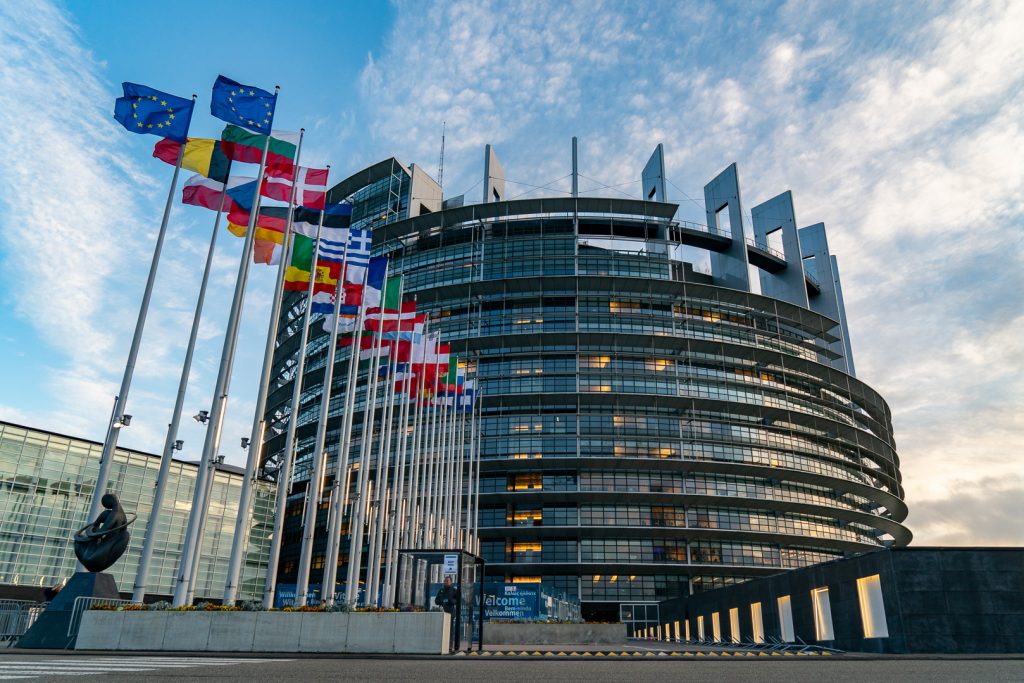Supporting the “future of Syria”
On 29–30 March, the European Union will host its Brussels V Conference on “Supporting the future of Syria and the region”. Since the first edition in 2017, this annual event aims to reassert the international community’s support to the UN Special Envoy’s efforts for a negotiated political solution in Syria. As usual, the Ministerial Conference, aimed at mobilising financial support for Syrian displaced and refugees and their host communities, will be preceded by a “Day of Dialogue” with civil society and side events. The choice of holding the Conference in March is highly symbolic since this moment will mark the 10th anniversary of the Syrian uprising. Due to COVID-19 restrictions, the Conference will be held virtually.
The EU has launched an online consultation to gather recommendations from civil society and other relevant stakeholders: https://bxlv.chat.upinion.com/info
Portuguese Presidency’s human rights priorities
The Portuguese Presidency of the EU started in January, laying out its priorities for the next six months, which include human rights, democracy and rule of law. Aside from the impact of COVID-19 on human rights, the other top priorities of the Portuguese Presidency include: the European Pillar of Social Rights, the fight against all forms of discrimination and inequalities (from LGBTIQ+ rights to disability, racism, antisemitism and violence against women), business and human rights and the fight against death penalty. The Portuguese Presidency will also follow the implementation of the new Global Human Rights Sanction Regime and the new EU Action Plan on Human Rights and Democracy.
Regulating social media platforms to defend democracy
It was already in the air, but after the blockage of Donald Trump’s accounts by major social media platforms, the debate on regulating the online space has been placed higher of the European legislators’ agenda. During the European Parliament’s plenary session in February, Members of the EP denounced the lack of clear rules and transparency in big tech practices, their too vast power and called for new EU legislation to ensure that removing content lie with an independent judiciary. Democratic oversight, they affirmed, is the only way to safeguard freedom of speech and pluralism in public discourse. Other issues raised were algorithm transparency, disinformation, the use of personal data, microtargeting, hate speech and discrimination online. The European Commission had already started to address these issues last December, with the publication of the Digital Services Act package and the European Democracy Action Plan.

